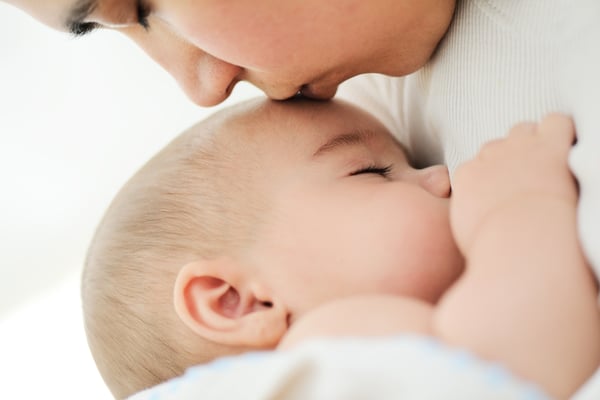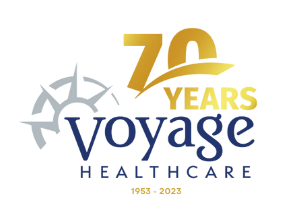As a new mom, there are so many questions you likely have in taking care of your newborn. And, you are likely receiving a great deal of advice from friends and family. We want to share with you information that has recently been published by the American College of Obstetrics and Gynecologists that can help you in understanding the relationship between COVID-19, breastfeeding, and your new baby.

Can COVID-19 pass to a baby through breast milk?
Most information shows that it is safe to feed breast milk to your baby when you have COVID-19. Remember that breast milk is the best source of nutrition for most babies. Breast milk also helps protect babies from infections, including infections of the ears, lungs, and digestive system. For these reasons, having COVID-19 should not stop you from giving your baby breast milk.
If you plan to breastfeed, talk with your ob-gyn or other health care professional. Make your wishes known so that you can begin to express milk or breastfeed before you take your baby home.
How can I avoid passing COVID-19 to my baby?
- Use a face mask or covering when holding your baby, including during feeding. Do not put a mask or covering over the baby’s face.
- Wash your hands before touching your baby. See the CDC’s handwashing tips.
- Wash your hands before touching any breast pump or bottle parts and clean all pump and bottle parts after use. See the CDC’s advice for cleaning a breast pump.
- If possible, let someone who is healthy help care for your newborn. They can bottle-feed your breast milk to your baby after you pump. They should wear a mask and keep their hands clean. And they should not be at risk of severe illness from COVID-19.
What should I do if I could be exposed to COVID-19 at work?
Tell your employer if you have recently given birth, are pregnant, or if you have a health condition that may put you at higher risk. People with some health conditions, such as diabetes mellitus, lung disease, heart disease, and obesity, have a higher risk of severe illness from COVID-19. Getting a COVID-19 vaccine is an effective way to protect yourself from infection.
Talk with your employer about how you can stay safe while doing your job. Ask if remote work is possible. If remote work is not possible, and you work in a job with a high risk of exposure to COVID-19, ask your employer if you can switch to a role with lower exposure risk.
No matter what your job is, your employer should follow guidelines from the CDC and state and local health departments. These guidelines can help reduce the risk of infection for employees. If there is a chance you could be exposed to the virus at work, ask your employer about masks, gloves, and other equipment that can help protect you.
If you aren’t given the protection you need, tell your ob-gyn or other health care professional. Together you should talk about how you can discuss your safety with your employer.
What if I have other questions about my pregnancy right now?
Your ob-gyn or other health care professional should continue to be your main resource for all questions about your pregnancy. For the most current information about the coronavirus and COVID-19, check CDC web pages, which are updated often and listed below.
I want to get pregnant. Should I wait because of COVID-19?
Pregnancy is a personal choice. It may help to think about your health and the potential risks of COVID-19. You and your ob-gyn or other health care professional should talk about the latest research on the possible increased risk of severe illness during pregnancy. You also should talk about taking steps to prevent exposure to COVID-19 during pregnancy, including getting a COVID-19 vaccine.
Current reports suggest that pregnant women have a higher risk for more severe illness and death from COVID-19 than nonpregnant women. And pregnant women with some health conditions, such as gestational diabetes and obesity, may have an even higher risk of severe illness from COVID-19.
Also, there are some reports that COVID-19 may have passed from a woman to her baby during pregnancy or delivery, but this seems to be rare.
Resources for You
We encourage you to read the entire article from the American Council of Obstetrics and Gynecologists containing everything you need to know from the time you are considering pregnancy to postpartum care.
Request an appointment with Voyage Healthcare to receive your COVID-19 vaccine!




Comments